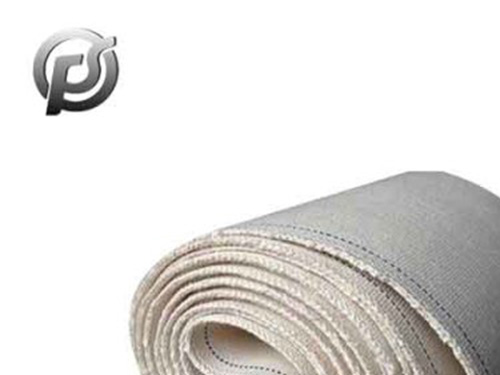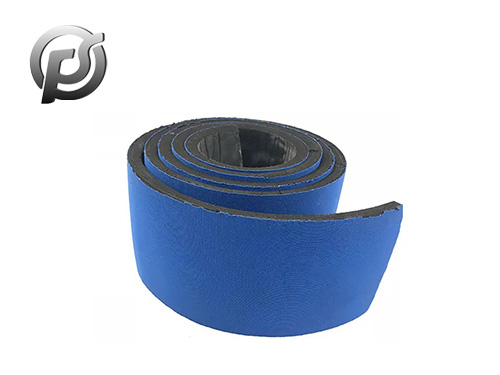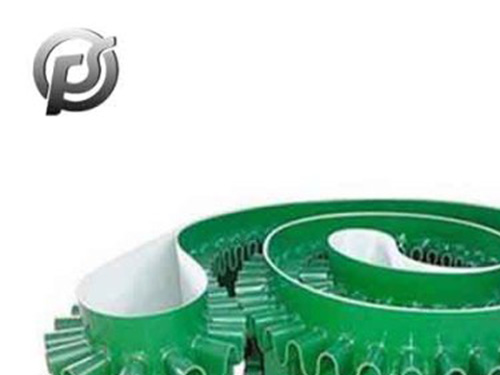Introduction:
Industrial conveyor belts play a pivotal role in the seamless functioning of manufacturing and distribution processes. Over the years, these conveyor systems have undergone significant evolution, transforming into highly efficient and integral components of various industries. This article explores the evolution, types, and efficiency of
industrial conveyor belts.
Evolution of Conveyor Belts:
The history of industrial conveyor belts dates back to the late 19th century when they were primarily used for coal mining. Since then, these systems have evolved from simple, manual conveyance methods to sophisticated automated solutions. The continuous development in materials, design, and technology has propelled conveyor belts into a critical aspect of modern industrial operations.
Types of Conveyor Belts:
Industrial conveyor belts come in various types, each designed for specific applications. Some common types include flat belt conveyors, roller conveyors, modular belt conveyors, and screw conveyors. The choice of conveyor type depends on factors such as the nature of the transported material, the required speed, and the layout of the production facility. Specialized belts with features like cleats, sidewalls, and magnetic components cater to specific industry needs.
Efficiency and Productivity:
The efficiency of industrial conveyor belts is a key factor contributing to increased productivity in manufacturing and logistics. Automation and smart conveyor technologies have further enhanced efficiency by optimizing material flow, reducing manual labor, and minimizing downtime. Conveyor belts are now equipped with sensors, monitoring systems, and automation controls, ensuring precise movement and timely adjustments to meet production demands.
Application in Various Industries:
Industrial conveyor belts find applications across a wide range of industries. In manufacturing, they facilitate the seamless transfer of raw materials and finished products within production lines. Distribution centers rely on conveyor belts for sorting, packaging, and transporting goods. The mining and agriculture sectors also benefit from conveyor systems, streamlining the handling of bulk materials.
Innovations in Conveyor Technology:
Recent innovations in conveyor technology have pushed the boundaries of efficiency and versatility. Advanced materials like lightweight composites contribute to energy savings, while high-tech sensors and RFID technology improve tracking and traceability. Furthermore, the integration of artificial intelligence and machine learning enables predictive maintenance, reducing the risk of unexpected breakdowns.
Environmental Considerations:
As industries embrace sustainable practices, conveyor belt manufacturers are focusing on eco-friendly materials and energy-efficient designs. Recycling programs for conveyor belts contribute to reducing waste, and the development of energy-efficient conveyor systems aligns with the growing emphasis on environmental responsibility.
Conclusion:
Industrial conveyor belts have come a long way from their humble origins, evolving into indispensable components of modern industrial processes. The ongoing advancements in technology and design continue to enhance their efficiency, contributing to increased productivity across various industries. As the industrial landscape evolves, so too will the role of conveyor belts, playing a crucial part in shaping the future of manufacturing and logistics.
 Exploring the Dynamics of Conveyor Belt Manufacturing in China
Exploring the Dynamics of Conveyor Belt Manufacturing in China
 PE Conveyor Belts: Characteristics, Applications, and Advantages
PE Conveyor Belts: Characteristics, Applications, and Advantages
 Stone Conveyor Belt: Enhancing Efficiency and Productivity in Material Handling
Stone Conveyor Belt: Enhancing Efficiency and Productivity in Material Handling